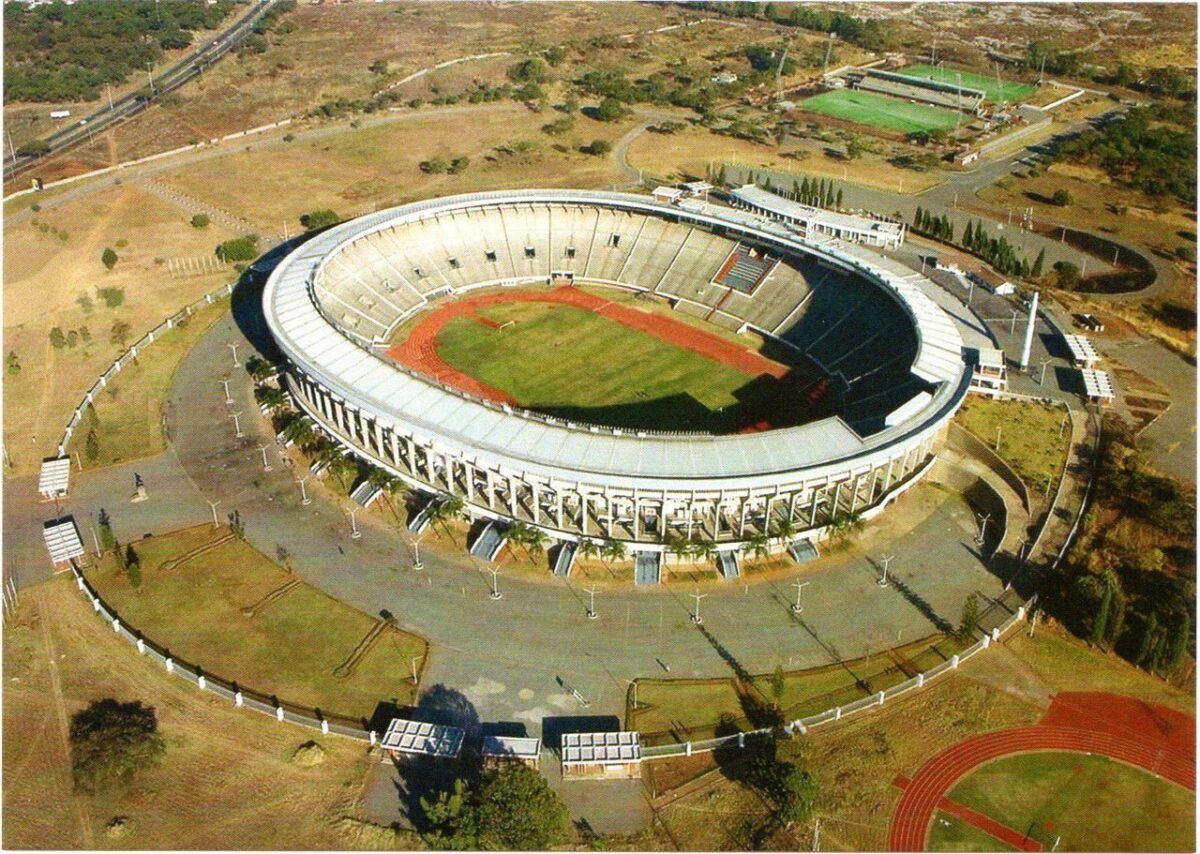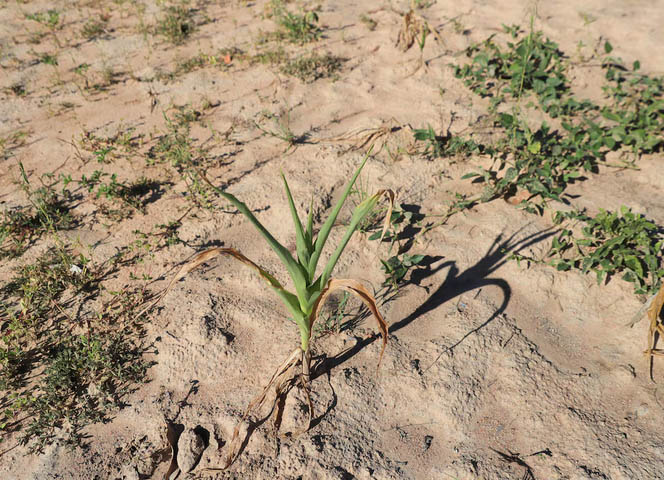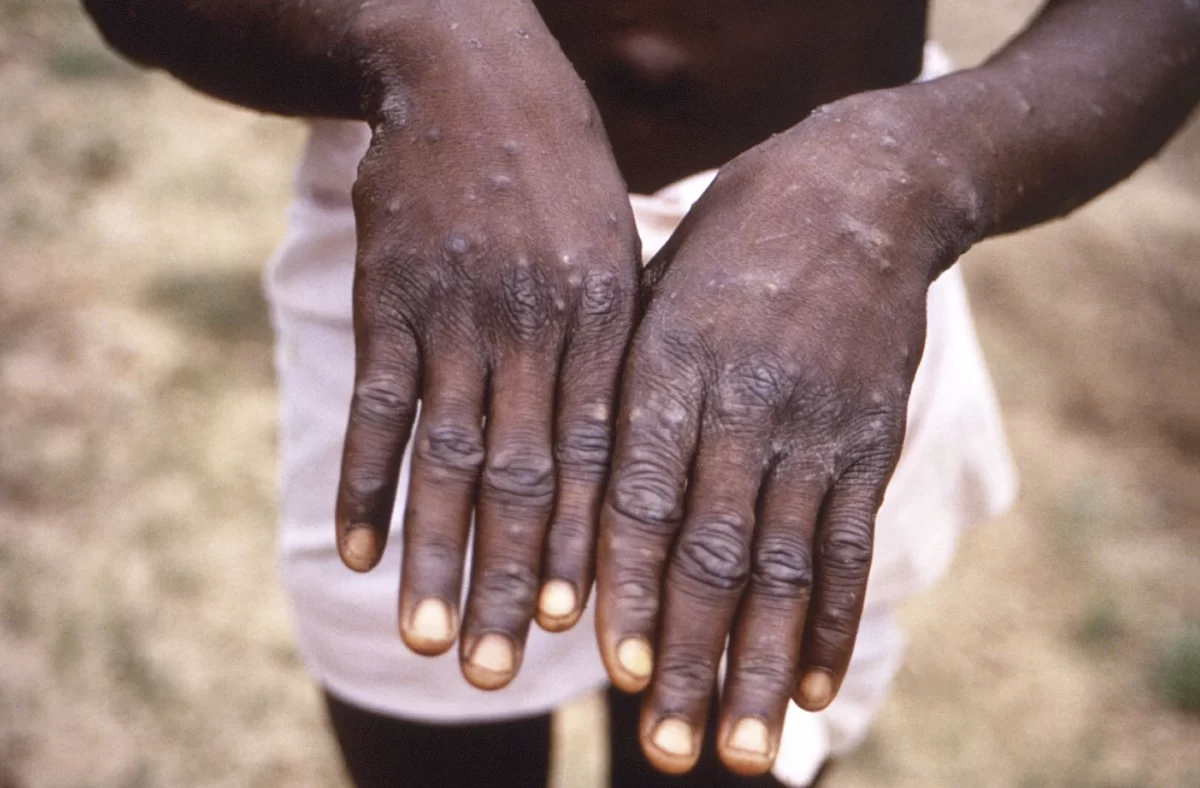HARARE – Acting President Kembo Mohadi vowed strict enforcement of Zimbabwe’s new measures to curb the spread of coronavirus Sunday while opposition MDC Alliance leader Nelson Chamisa slammed the restrictions as “anti-poor” and “irrational.”
Zimbabwe tightened its lockdown restrictions at the weekend, shutting down non-essential services, including bars and restaurants for 30 days, and returning to a stringent 6 pm-6 am curfew amid a rapid surge in Covid cases and deaths.
The country recorded a staggering 774 new infections and three fatalities yesterday, pushing cumulative cases to 15,265 while deaths increased to 380.
Mohadi said security forces will be out in full force to ensure compliance as the national lockdown goes into full gear on Tuesday, shutting all but vital service providers such as supermarkets and hospitals.
“Our security agencies, health officials, and educational institutional heads will continue to enforce stricter standard operation procedures to ensure the safety of all citizens,” the acting president told a press conference.
“They will enforce adherence to the regulations within stipulated times.”
But Chamisa took issue with the sweeping lockdown asking, “why not have isolation and targeted lockdowns for hot spots, where we identify red zones than to lock the whole nation?”
“We don’t just have a health crisis here but a governance and leadership crisis. We have provinces even districts and we have hotspots and epicenters,” the opposition leader said in a Twitter thread.
“The latest lockdown measures lack scientific rigor, rationality, and consistency. We suggest consultation with business, labor, and church.”
Chamisa also criticized the government for locking the country without any social safety nets for thousands of vulnerable families already reeling from Zimbabwe’s crumbling economy.
“If people must stay at home, support is key. Commanding the closure of the economy without the necessary support, economic reliefs, medical and social measures is suicidal,” he argued.
“They forget that 80 percent of our economy is informal which means a lockdown without a complementary support system will lose traction. Faced with starvation, people will be forced to breach lockdown rules, posing more risk to themselves and others.
“There is a clear pattern emerging in the way rules are crafted and enforced. The principal target are the poor people while the wealthy are allowed a free pass. Breaches committed in Borrowdale by elites must be met with the same force as breaches in Mbare by ghetto youths,” Chamisa said.
Under the new restrictions, people will only be allowed to venture out to buy essentials such as food and medicines or taking sick relatives to hospitals.
Inter-provincial and intercity commute is limited while air transport remains unhindered.
Zimbabwe first went into national lockdown in March last year but gradually eased restrictions as infections tapered off.
However, the last few weeks have witnessed a dramatic increase attributed mainly to the festive holidays as people mixed and mingled, carelessness, and slack enforcement of coronavirus protocols, according to health experts.
















